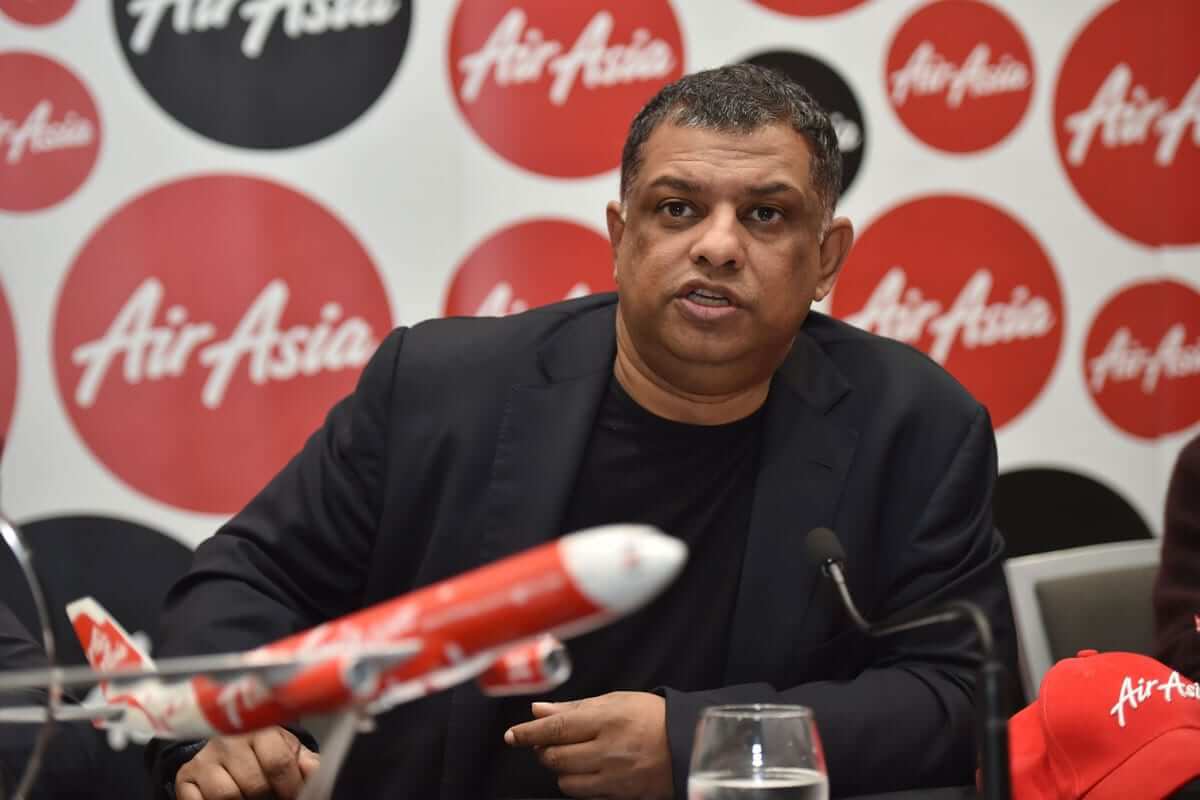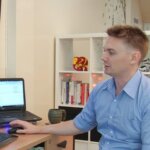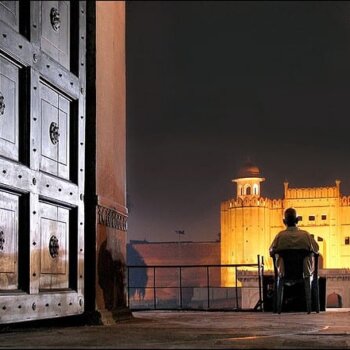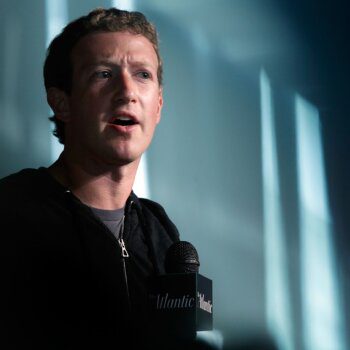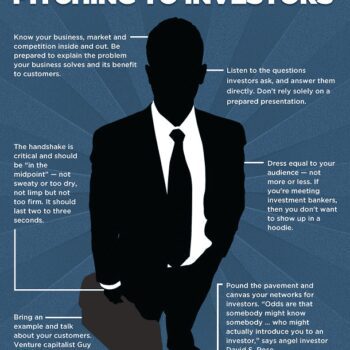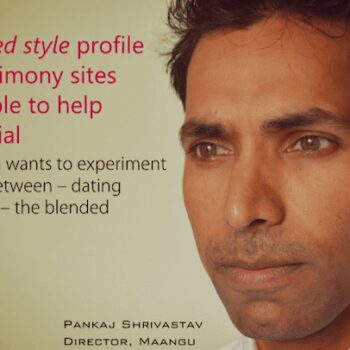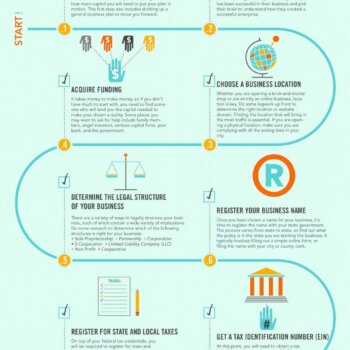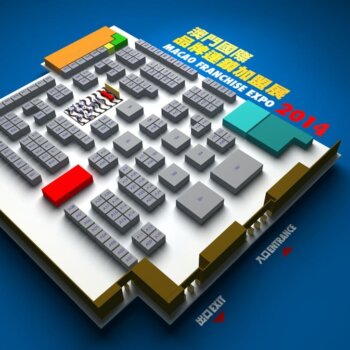Who is 49-year-old Tan Sri Anthony Francis “Tony” Fernandes, who has built the publicly listed AirAsia Group into Asia’s largest low-cost airline, with over 120 destinations servicing over 220 million passengers?
AirAsia has been named the “World’s Best Low Cost Airline” in the annual World Airline Survey by Skytrax for five consecutive years from 2009 to 2013. What are his success strategies? Here is our list based on interviews and some research, not in any order:
A good grasp of finance — Similar to Megaworld’s Andrew Tan, Fernandes is an accountant by training and good at numbers. Educated at the London School of Economics, from 1987 to 1989 he worked as the financial controller of British tycoon Richard Branson’s Virgin Records in London. He is from Malaysia’s ethnic Indian minority, with ancestral roots in India’s former Portuguese colony of Goa, which explains his Portuguese-sounding surname. Fernandes was formerly Southeast Asian regional vice president for Warner Music Group from 1992-2001. No need to become accountants, but we all need a good understanding of accounting and finance.
Determination — During a speech at the Sabah International Business Luncheon Talk 2012, Fernandes was quoted by the Borneo Post as saying nothing is impossible to achieve as long as there is determination. He turned around an unprofitable and small airline company with only two airplanes to one that now has a 160-strong fleet of aircraft in only 12 years!
Do not fear failure — “I don’t care about failing because I do not want to sit down in my older years and say, ‘How come I didn’t try?’ So we did and Malaysia is the country which allowed four Malaysians to go out and make their dreams come true,” Fernandes said.
Take care of key assets, your people — One of Fernandes’ strengths is his caring for and nurturing good employees. He sees people as the “key asset” of any business and hopes to help develop their full potential, passions and dreams. His business offices have no walls and he seeks ideas from his staff. On Dec. 12, Fernandes gave 263 Chopard watches totaling five million ringgit as gifts to 263 staff members who’ve been with the company 10 years. Chopard is a 153-year-old Swiss luxury watch brand. Also, after typhoon Yolanda destroyed Tacloban City, Fernandes reportedly sought out one of his employees whose home was wiped out and I heard the tycoon will help rebuild the house.
Branding — JG Summit Holdings founder John Gokongwei Jr. years ago told me that earning profits is not enough in business, that it is important to create a brand or brands. One believer in the power of brands is Tony Fernandes. He said it took him seven years to consciously and consistently build up the AirAsia brand name and logo as distinct and internationally known.
Marketing — Tony Fernandes invests in and excels in marketing. He said: “If you have a great product but no one knows about it, it’s history.” Fernandes reminds me of his former boss, Virgin Group’s colorful Richard Branson and America’s high-profile realty developer Donald Trump. Like Trump, Fernandes this year hosted the Asian version of the TV series The Apprentice Asia, with the winner being Filipino UP Diliman economics graduate Jonathan Allen S. Yabut, who is now also chief marketing officer of AirAsia Zest.
Support from the government — As in most societies, entrepreneurs cannot go against the government but need their support. Fernandes got his break in 2001 when then Malaysian Prime Minister Dr. Mahathir Mohamad heard of his dream to start an airline and advised him to just buy the heavily in-debt, government-linked AirAsia. Fernandes mortgaged his house and got personal savings to buy this firm with two old jets and US$11 million worth of debt. He bought the company for one ringgit (about 26 US cents). After he turned around AirAsia, in 2003 Fernandes lobbied Dr. Mahathir to raise the “Open Skies” idea with leaders of Thailand, Indonesia, and Singapore, leading to these nations giving AirAsia and other budget airlines landing rights.
Use digital technology — Fernandes believes in using digital technology for his businesses. Much of his business comes from AirAsia.com. In fact, one unique thing about AirAsia flights is its inflight magazine Travel 3Sixty, which has this reminder: “Touch me, feel me and flip me over, but you can’t take me home. Read me online.” I think Fernandes isn’t scrimping on publishing costs, it is part of his clever marketing strategy to make passengers discover and enjoy his website.
Generosity — Fernandes is legendary for his personal and corporate generosity. He gives people big gifts, not only to generate loyalty to the business, but he is also generous in philanthropy, for example, his relief assistance to typhoon Yolanda victims here in the Philippines. His AirAsia Foundation also recently supported the social enterprise Rags2Riches led by Reese Fernandez-Ruiz of the Philippines. Rags2Riches is a genuine NGO helping underprivileged Filipino artisans transform their lives and turn scrap into high-fashion bags and other items.
Passion — Passion seems to be a common denominator among achievers in business, the arts, sports and other fields. Tony Fernandes hires people with passion. He is exceptionally passionate, not only about his firms, charities and employees, but also about sports. He owns a football team in England, an F1 car racing team and is a major supporter of Asia’s biggest mixed martial arts sport, the OneFC.
Bold vision — Tony Fernandes has a bold, global and long-range vision for his various companies. As a child, he dreamt of three things: running an airline, owning an English football club and owning a Formula One racing team.
Dynamic corporate culture — Fernandes said: “In AirAsia we consider ourselves basically a dream factory. We deliberately decided that we wanted a company where people can pursue their passion and we wanted to make use of all the talent that we have in-house. The culture that we have stems from the fact that we want openness and we want people to be creative and passionate about what they do. In order to do that, we’ve got to inspire them.”
This article was written by WilsonLeeFlores. see more.
